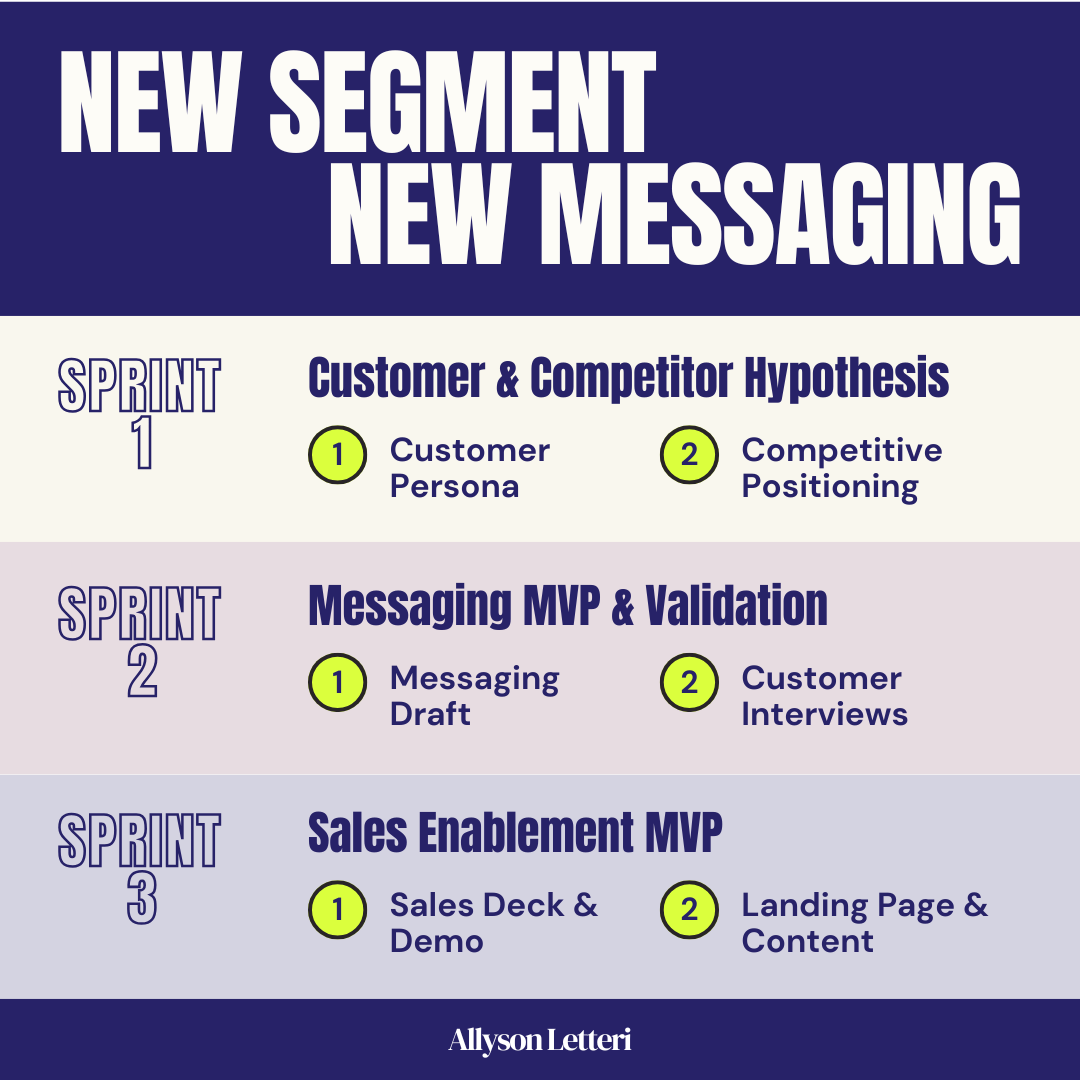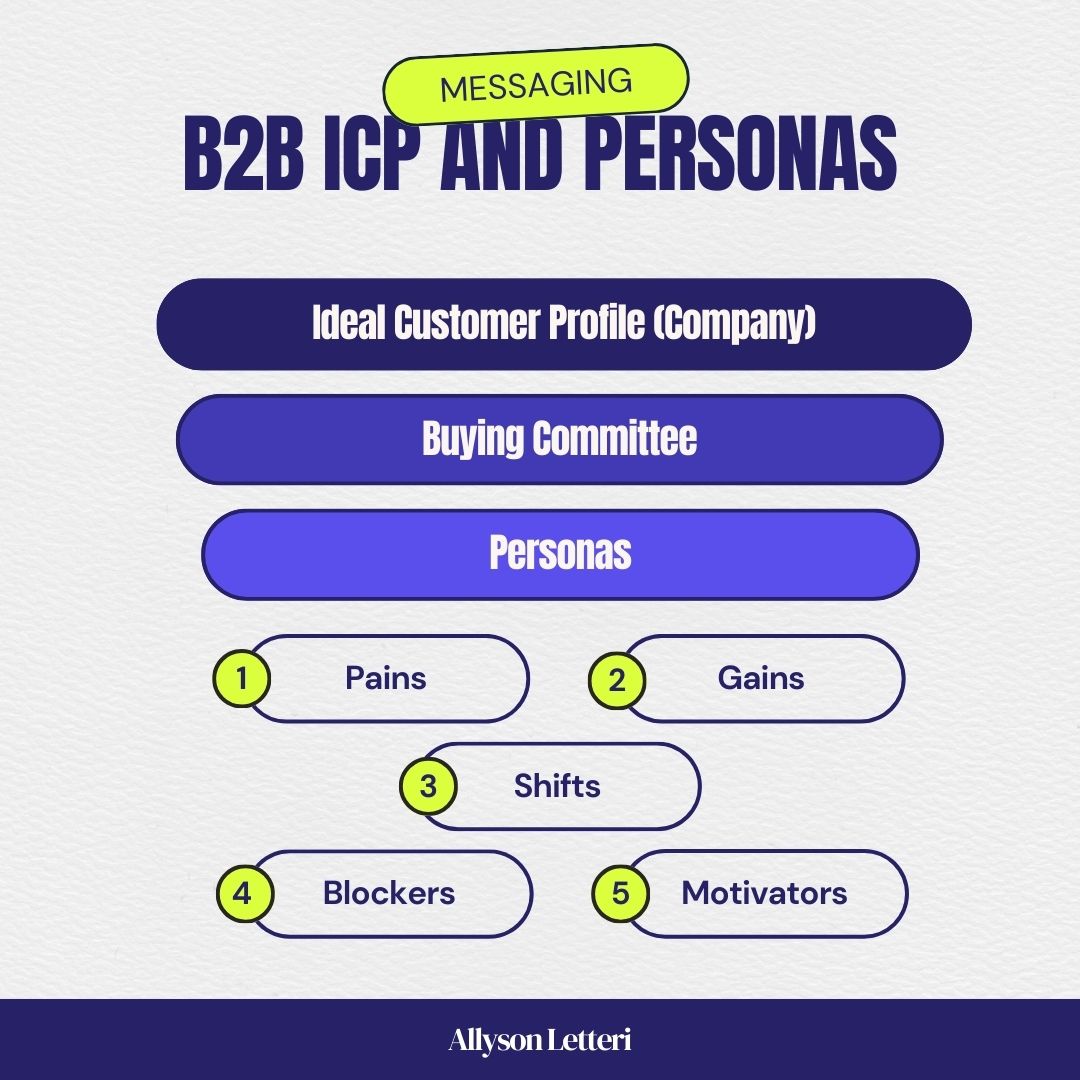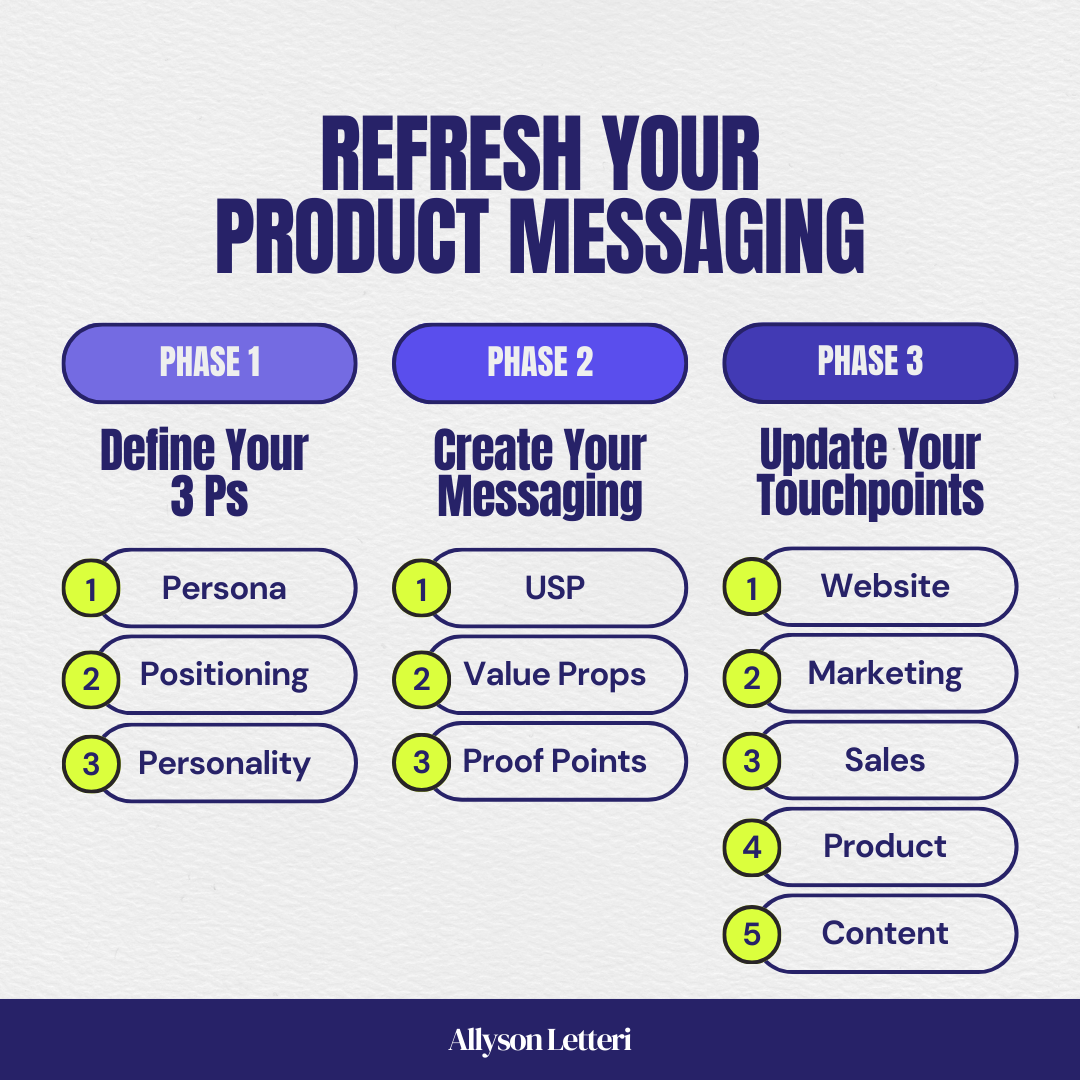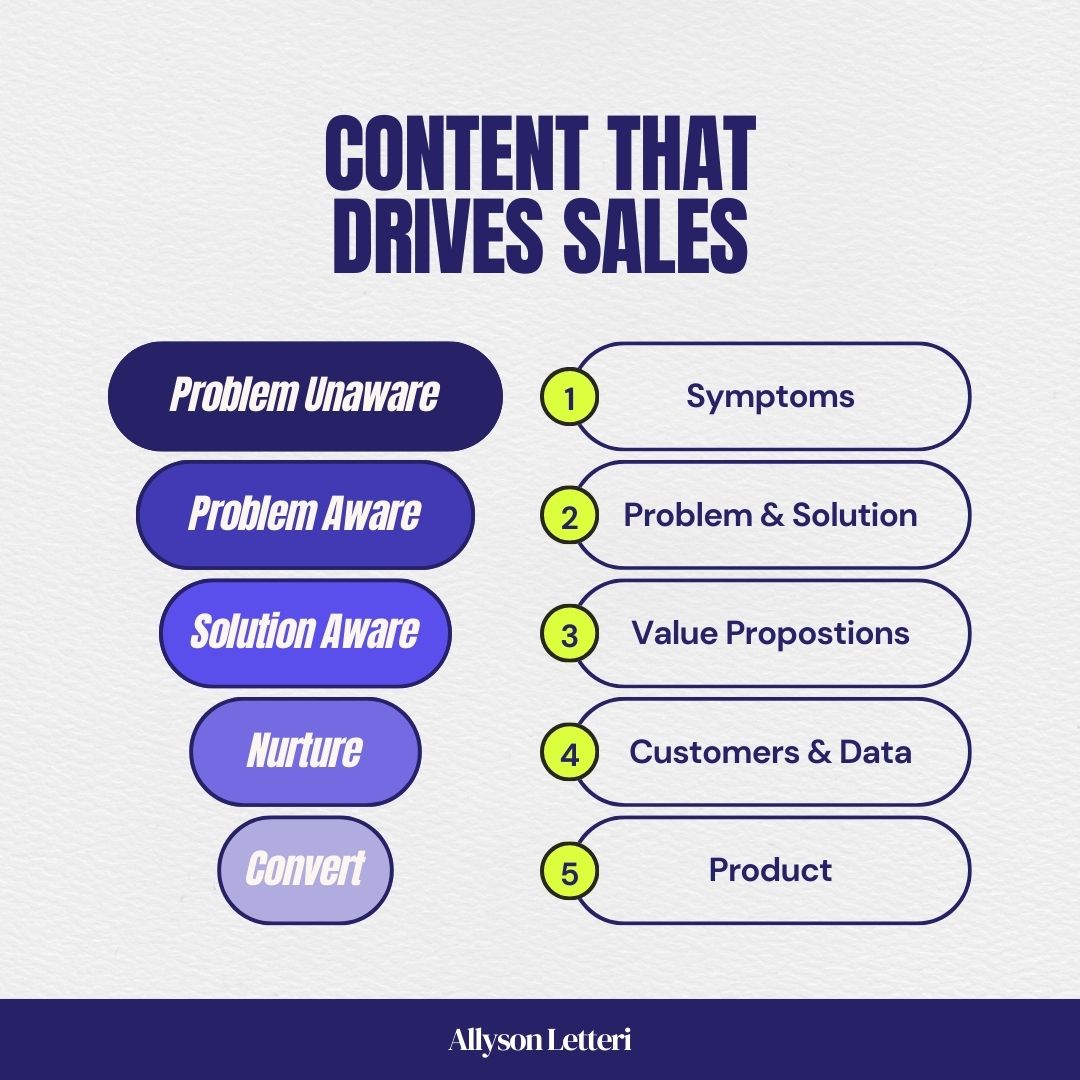Starting a new job is exciting and overwhelming. There are four key mistakes new hires make that you want to plan to avoid. If you want to make an impact fast, there are a few ways to avoid feeling lost or confused. Be aware of these mistakes and have a plan to get all the resources you need.

1) New hires don’t ask for enough backstory
One of the best things you can do is ask your new manager for an onboarding plan. A critical section is a reading list for you that includes all the important docs you could need. Your manager should curate a list of links and docs so you don’t have to do digging through countless files and team wikis. It can be almost impossible to track down all the strategy docs, plans, and results overviews that would help you. This is a great place for your new manager and team to help.
Think about how you work best and block focused time on your calendar to review these docs. Would you rather have a few 30-minute power sessions and lots of breaks in between? Or do you want to block a full morning with lots of coffee to get through as much as you can? Either way, keep a list of key insights that you want to remember as you go through. Try to stick to the most important points. This is a great doc to share with your manager and to refer back to later as you ramp up.
2) New hires don’t get to know people across the organization
It’s tempting to dive into your work and just meet people as you go. But you’ll be missing out on a golden opportunity to meet a wide range of people without needing anything specific from them yet! Intro conversations are a great place to have a casual conversation and get to know more about a person. You can get each team member’s perspective on company culture, their priorities, and how your work will impact the company.
Take the chance to set up these meetings (or better yet, your manager can have a broader team proactively schedule meetings with you). Your manager should suggest a list of people to meet on your immediate team and across the org, including cross functional team members and leaders. And be sure to have your manager suggest a few agenda topics so you can guide the conversation to get important context. Check out a suggested format for what info your manager should provide about these meetings in this new hire onboarding plan.
3) New hires don’t get clear on their most important goals
With great background reading and intro conversations under your belt, you’re likely ready to start the work. But what work should you be doing exactly? Focusing your first weeks and months on accomplishing the most important priorities in your area for the company is your job #1.
So how do you figure out your priorities? Your manager should give you a good sense of your 90 day goals in your initial conversations and your onboarding plan. Your intro conversations should give you a well rounded perspective on what matters most to your team and other teams. For instance, if you just started as a Product Marketing manager, you’ll know what big launches are coming up and where the team needs more user insights. Be proactive and create a draft of your priority projects, measurable goals, and timing.
Then discuss this plan with your manager. You’ve synthesized your manager’s suggestions and input from a lot of background reading and conversations. You will be able to align on specific goals and you will be in great shape to focus your time.
4) New hires don’t share what they learn
One of the most powerful things you can do for your new manager (and team) is share what you’ve learned. You are coming in with fresh eyes and a new perspective. You were likely hired because you worked for a company in the same space. Or maybe you have a skillset that the company is excited to leverage. Trust your own experience and intuition and capture any ah-has while they are fresh. I’d suggest sending a weekly summary to your manager with a few important takeaways each week for the first month or so of your new role. These could include:
- Things that will impact my own work plan
- Things that surprised me
- Things that people told me about our culture or team
It’s also never too early to recommend changing something or taking a new approach. Again, trust your own business judgment and share what you think could be better. Don’t be condescending in your feedback, but take advantage of your newness to question what’s working.
In addition to these insights, keep a list of questions that you want to go through with your manager. Did you hear something that was confusing or surprising and you want to make sure you have the full story? This is the perfect question to add to your list. Share your list in advance of your next meeting with your manager so they can answer questions over email or prep to answer them in person.
Ask for an onboarding plan to avoid mistakes new hires make
As you can see, most of these mistakes can be avoided by knowing what to ask for! A great first step is to ask for an onboarding plan with five critical sections. Going into your new job with a clear idea of what info you need is key. If your manager or team does not provide you with a plan, ask for it! And you’ll be on your way to a great onboarding experience and first 90 days in no time.





